Iran parliament rejects motion to set up separate housing ministry
The Iranian parliament has rejected a motion to set up a separate ministry for housing and urbanization amid plans by the newly-elected president Ebrahim Raeisi to expand affordable housing schemes across the country.
The motion to separate housing and urbanization sector from Iran’s transportation ministry was rejected in a Sunday session of the parliament with 127 lawmakers voting against and 104 others voting for. Five members of the parliament abstained from voting during the session.
Reports in the local media suggested a new government led by Raeisi which was sworn in earlier this month was against dividing the Ministry of Road and Urban Development into two separate ministries.
However, a representative of the government told lawmakers in the Sunday session that Raeisi’s administration was not entirely opposed to the scheme but preferred to have it implemented in the next calendar year beginning March.
Raeisi has announced sweeping plans for expansion of the housing sector in Iran. He promised during his presidential campaign in June that his government would build one million affordable houses in the country each year.
Raiesi has nominated Rostam Qassemi, a former oil minister with a long experience in the construction sector, for assuming the position of minister of road and urban development.
Qassemi has said his immediate priority in the ministry, if he is approved by the parliament, would be to allocate more loans and grants to renters to help them cope with soaring housing prices in Iran.
Lawmakers opposing the creation of a new ministry for housing said that the plan would need huge financial resources.
Others, however, said the plan would help streamline plans in the transportation and housing sectors in Iran and would help the government have a better control on the housing market in the country.
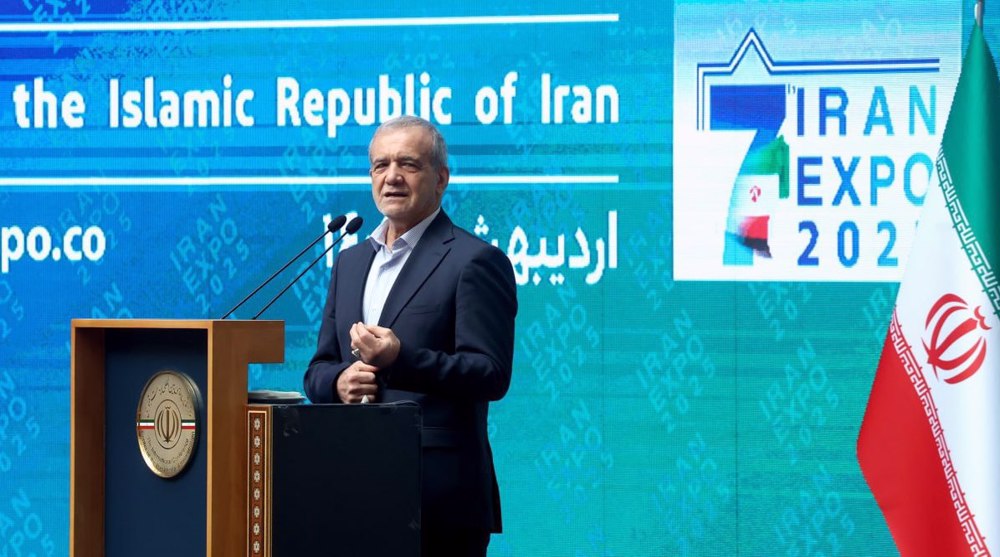
Pezeshkian: Iran welcomes foreign investors, international traders
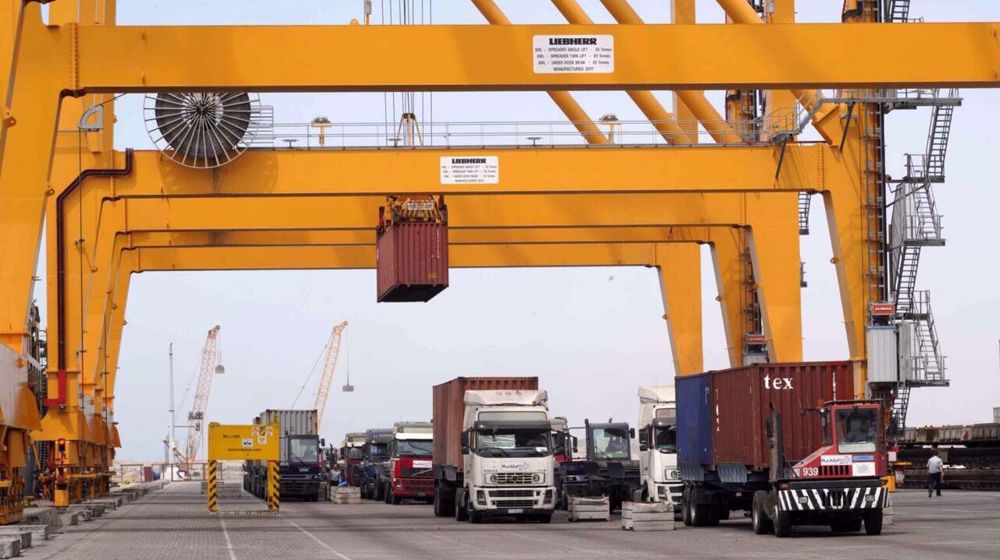
Iran restores operations at its largest container port after explosion
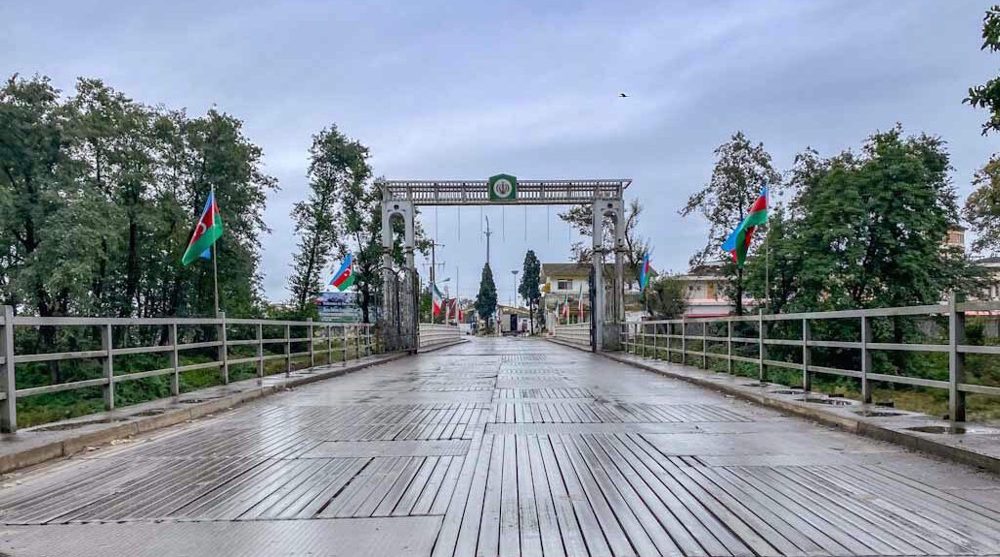
Pezeshkian’s visit to Baku heralds new order in South Caucasus
Ben-Gvir met with chants of ‘war criminal’ during visit to US Capitol
Chinese president offers condolences to Iran over deadly port explosion
A new dawn in the Sahel: President Traore and Burkina Faso’s anti-imperialist rebirth
Hopeful signs in Iran-Africa ties as Tehran hosts third summit
Sexual exploitation weaponized by Zionist assets to demonize Britain's Muslim community
ICC bars chief judge from disclosing Israeli arrest warrants: Report
Parl. speaker: Iran won’t be swayed by Israel’s ‘delusional’ rhetoric
Extremist Israeli minister orders closure of al-Quds Fund and Endowment office


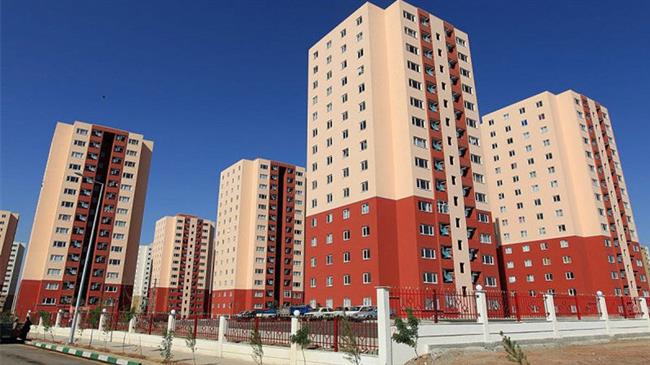
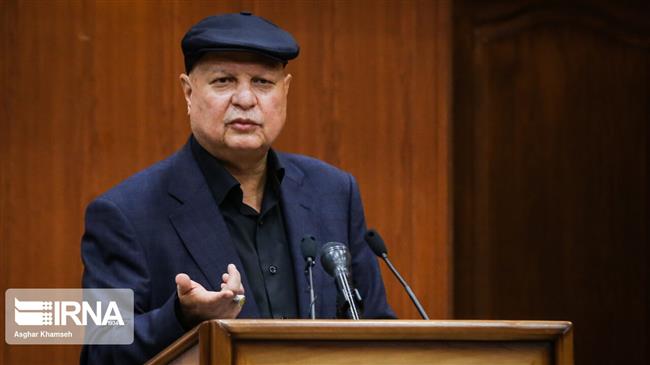




 This makes it easy to access the Press TV website
This makes it easy to access the Press TV website